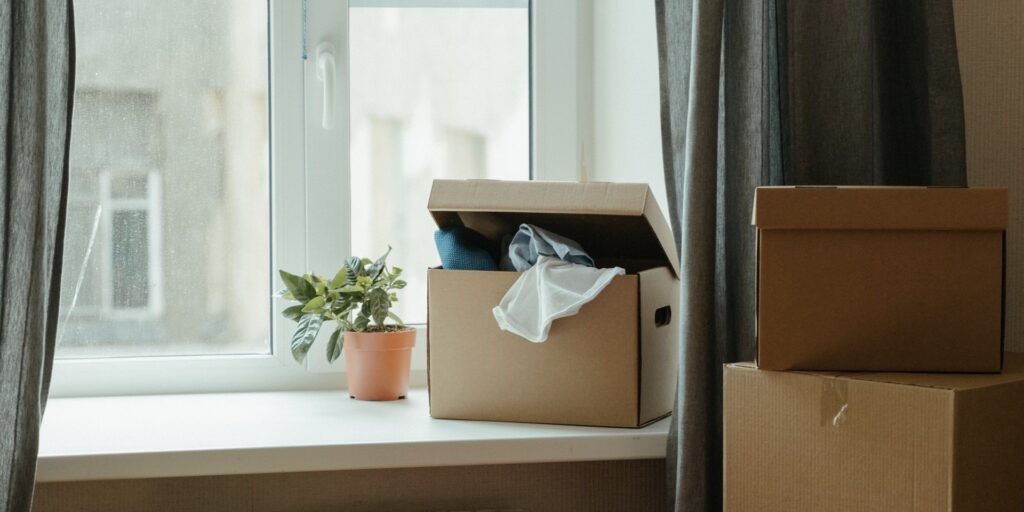The rules for cleaning and security deposit deductions for landlords and tenants in Alberta.

Your lease is expiring in one week and you have already given notice to your landlord that you are moving out. You think that everything looks clean but you are just not sure whether you should stay up until 2:00 a.m. to scrub the place down before you leave. You may also be wondering whether your landlord can make deductions from your security deposit and charge you for cleaning …so, what are the rules for cleaning and security deposit deductions anyway?
First of all, a landlord cannot make any deductions from a security deposit for damages resulting from normal wear and tear of the premises. Normal wear and tear means the declining condition of the rental premises that occurs over time, even though the tenant has been regularly cleaning and maintaining the premises. For example, having mild scratches on a kitchen work surface is probably normal wear and tear. On the other hand, having food and dirt on your walls, cupboards and appliances is damage beyond normal wear and tear.
FAQ: What can a tenant do if the landlord does not provide the security deposit?
Secondly, a landlord can make deductions from a security deposit if there are damages beyond normal wear and tear on the premises (assuming that the landlord did a proper move-in and move-out inspection). For example, a landlord could make deductions from your security deposit to cover the costs of cleaning up food and dirt on your walls, but not for mild scratches on the kitchen work surface.
One common dispute between landlords and tenants is carpet cleaning. If you left obvious stains and dirt on the carpet while living there, then it could be considered damages beyond normal wear and tear and the landlord could deduct carpet cleaning costs from your security deposit. However, if you left the carpet clean with only signs of normal wear and tear, then the landlord could not charge you for cleaning it.
In order to avoid difficulties when it comes to cleaning and security deposit deductions when you move out, here are some tips:
- You have an obligation under the law to keep the premises in a reasonably clean condition. It would be prudent for you as a tenant to regularly clean and maintain your rental premises.
- Clarify expectations with your landlord in writing about what will be required in terms of cleaning when you move out. It is a good idea to do this when you first move in or well ahead of moving out.
- If you have a pet, it is a good idea to take extra precautions in cleaning the property. For example, if you have a dog, make sure that you clean up any fur, excrement and dirt tracked into the premises. Be prepared for any security deposit deductions when you move out as you may have to pay for professional carpet cleaning of any obvious dirt and stains caused by your dog.
- If you need extra time to clean before moving out, talk to your landlord and see if you can make an agreement to a different move out time. Any agreement should be in writing.
- Keep any photographic and video evidence of what the premises looked like when you moved in and moved out, in addition to the inspection reports. If you ever have a dispute with your landlord over security deposit deductions, the evidence and reports will be helpful.
Keep in mind that there are also other situations where the landlord can make deductions from a security deposit. For example, a landlord can keep money from a security deposit when:
- you owe money for rent.
- you damage the property (and the landlord completes proper inspection reports). For example, if you punched a hole in the wall, then your landlord can keep money from your security deposit to fix it.
- you owe the landlord money for utilities or fees.
FAQ: Can a landlord deduct carpet cleaning or painting expenses from the security deposit?
If your security deposit does not cover all of the damages beyond normal wear and tear, a landlord can go to the Residential Tenancies Dispute Resolution Service or court to recover extra money from you. It will ultimately be up to the dispute resolution officer or judge to decide whether you should pay for the damages.
To learn more about security deposits and how you can get your security deposit back, you can view CPLEA’s following resources:
- Laws for Landlords and Tenants in Alberta: Security Deposits
- Getting Your Security Deposit Back
- Stuff I Wish I’d Known Yesterday
- Even More Stuff I Wish I’d Known Yesterday
For more information on general landlord and tenant law matters, visit CPLEA’s Laws for Landlords and Tenants in Alberta website.
This column was produced with the generous support of the Alberta Real Estate Foundation.
Looking for more information?
Disclaimer
The information in this article was correct at time of publishing. The law may have changed since then. The views expressed in this article are those of the author and do not necessarily reflect the views of LawNow or the Centre for Public Legal Education Alberta.
Looking for articles like this one to be delivered right to your inbox?


